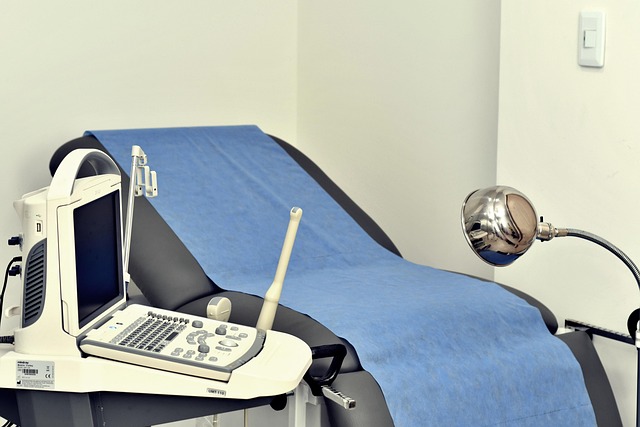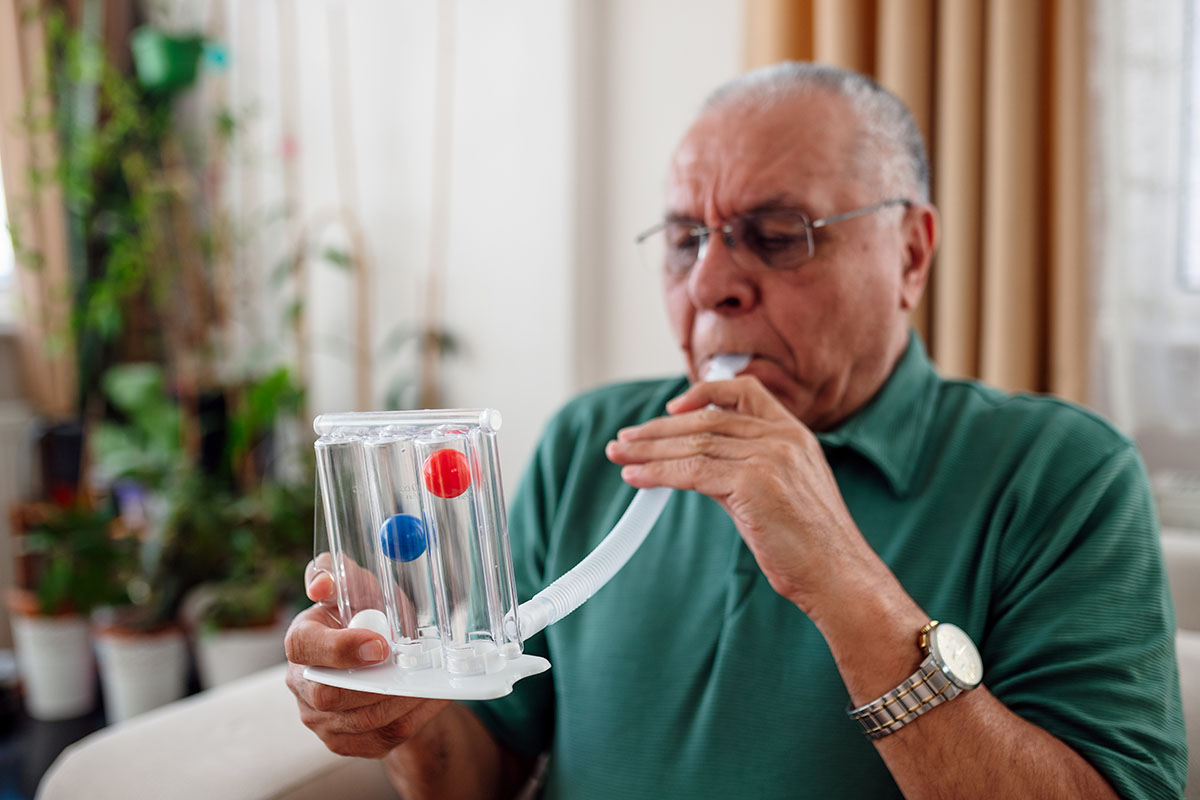Sleep Apnea: Clinical Trials and Treatments
Sleep apnea clinical trials are reshaping the landscape of sleep disorder treatment, offering hope to millions while providing opportunities for participation in groundbreaking research. These studies not only advance medical understanding but often provide compensation to participants. From innovative devices to cutting-edge medications, researchers are exploring multiple approaches to manage this common sleep disorder, which affects breathing patterns during rest and impacts overall health.

What is sleep apnea and why are clinical trials important?
Sleep apnea is characterized by repeated interruptions in breathing during sleep, leading to poor sleep quality and potential health complications. Clinical trials are vital for advancing our understanding of sleep apnea and developing more effective treatments. These studies allow researchers to test new therapies, devices, and medications in controlled settings, providing valuable data on their safety and efficacy.
How do obstructive sleep apnea clinical trials work?
Obstructive sleep apnea clinical trials typically involve volunteers who meet specific criteria related to their sleep apnea diagnosis. Participants may be asked to undergo sleep studies, try new treatments, or take part in surveys and assessments. These trials often compare new interventions to existing treatments or placebos to determine their effectiveness. The duration and requirements of each trial can vary significantly depending on the research goals.
What types of sleep apnea treatments are being studied?
Current sleep apnea clinical trials are exploring a wide range of treatment options. Some focus on improving existing therapies like continuous positive airway pressure (CPAP) machines, while others investigate novel approaches such as neurostimulation devices, oral appliances, and pharmaceutical interventions. Additionally, researchers are studying lifestyle modifications, weight loss programs, and surgical techniques to address the root causes of sleep apnea.
How can one participate in paid sleep apnea research studies?
Many sleep apnea clinical trials offer compensation to participants for their time and contribution to research. To find paid sleep apnea research studies, individuals can:
-
Check online clinical trial databases like ClinicalTrials.gov
-
Contact local sleep centers or universities with sleep research programs
-
Consult with their healthcare provider about ongoing trials
-
Join patient advocacy groups that share information about research opportunities
Participation often involves meeting specific eligibility criteria and committing to the study’s requirements, which may include regular check-ups, sleep studies, and adherence to treatment protocols.
What are the latest advancements in sleep apnea research in Canada?
In Canada, sleep apnea research is making significant strides. Recent studies have focused on personalized treatment approaches, considering factors such as genetics and individual anatomy. Canadian researchers are also exploring the use of artificial intelligence in diagnosing and monitoring sleep apnea, potentially improving accessibility to care. Additionally, there’s growing interest in understanding the relationship between sleep apnea and other health conditions, such as cardiovascular disease and diabetes, which could lead to more comprehensive treatment strategies.
Which institutions are leading sleep apnea clinical trials in Canada?
Several Canadian institutions are at the forefront of sleep apnea research and clinical trials. Here’s a comparison of some notable centers:
| Institution | Focus Areas | Key Features |
|---|---|---|
| University of Toronto Sleep Research Laboratory | Cardiovascular impacts of sleep apnea, novel treatment devices | State-of-the-art sleep monitoring facilities |
| McGill University Health Centre | Pediatric sleep apnea, neurocognitive effects | Multidisciplinary research team |
| University of British Columbia Sleep Disorders Program | Genetics of sleep apnea, portable diagnostic tools | Collaboration with international research networks |
| Ottawa Hospital Sleep Centre | Surgical interventions, CPAP alternatives | Access to advanced imaging technologies |
| University of Calgary Sleep Centre | Sleep apnea in high-altitude environments, metabolic consequences | Specialized altitude simulation chambers |
Sleep apnea clinical trials are reshaping our approach to diagnosing and treating this prevalent sleep disorder. By participating in these studies, individuals not only contribute to advancing medical knowledge but also gain access to potentially groundbreaking treatments before they become widely available. As research continues to evolve, the future looks promising for those affected by sleep apnea, with the potential for more personalized and effective management strategies on the horizon.
This article is for informational purposes only and should not be considered medical advice. Please consult a qualified healthcare professional for personalized guidance and treatment.




